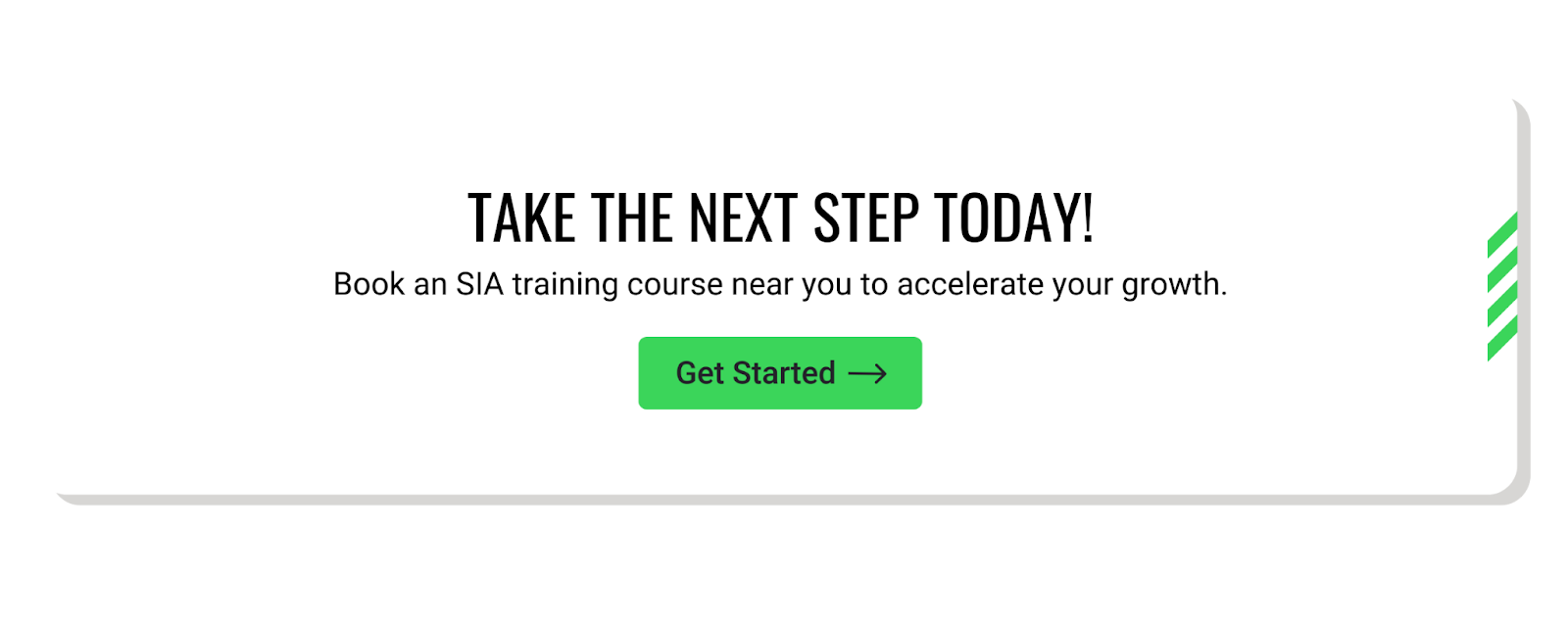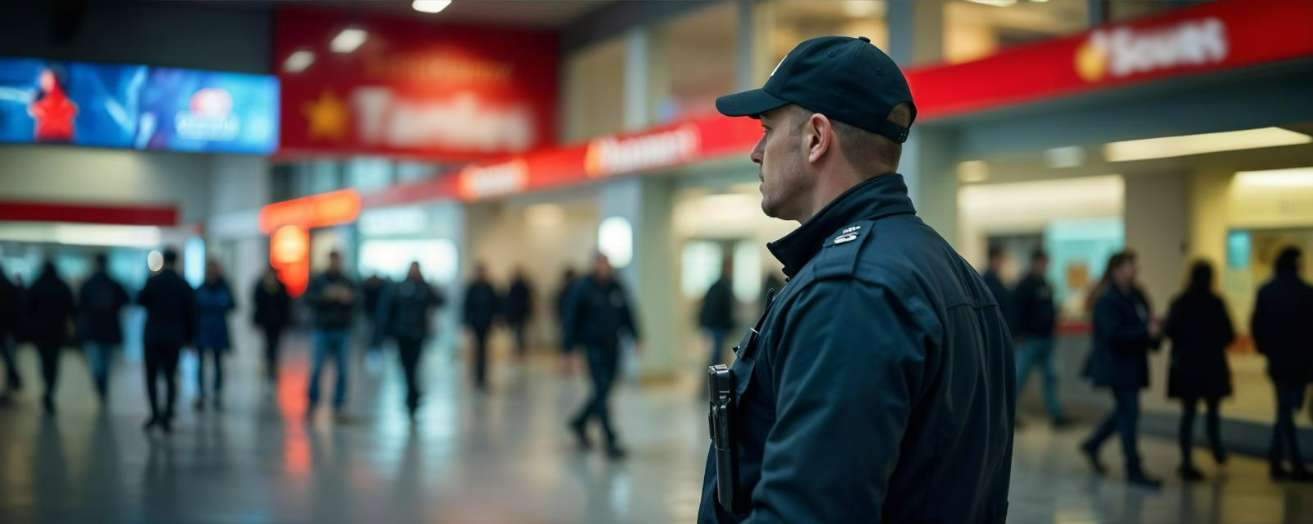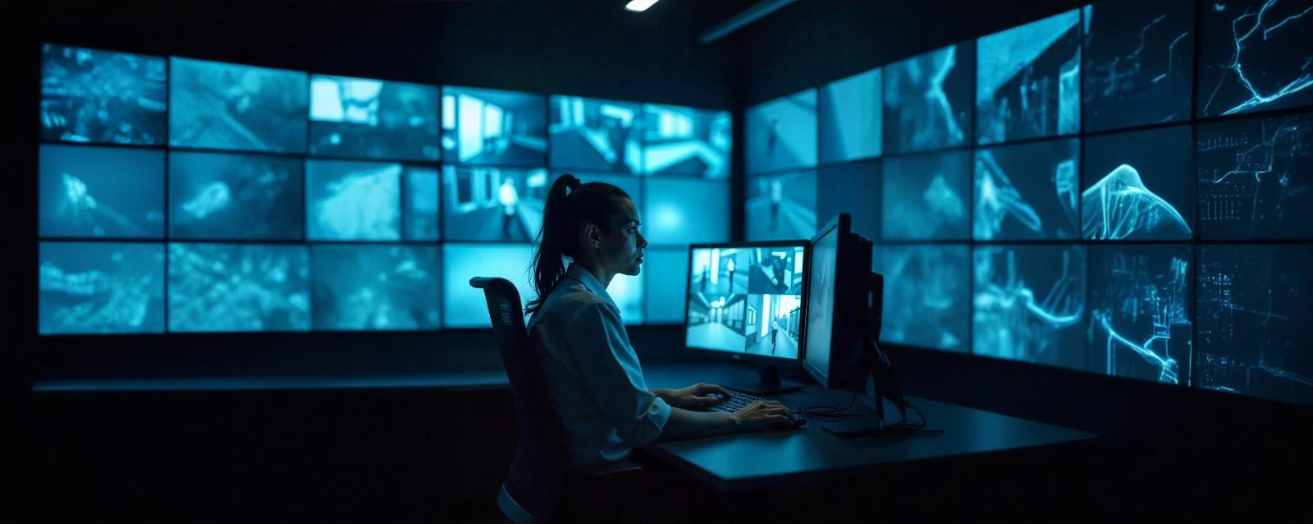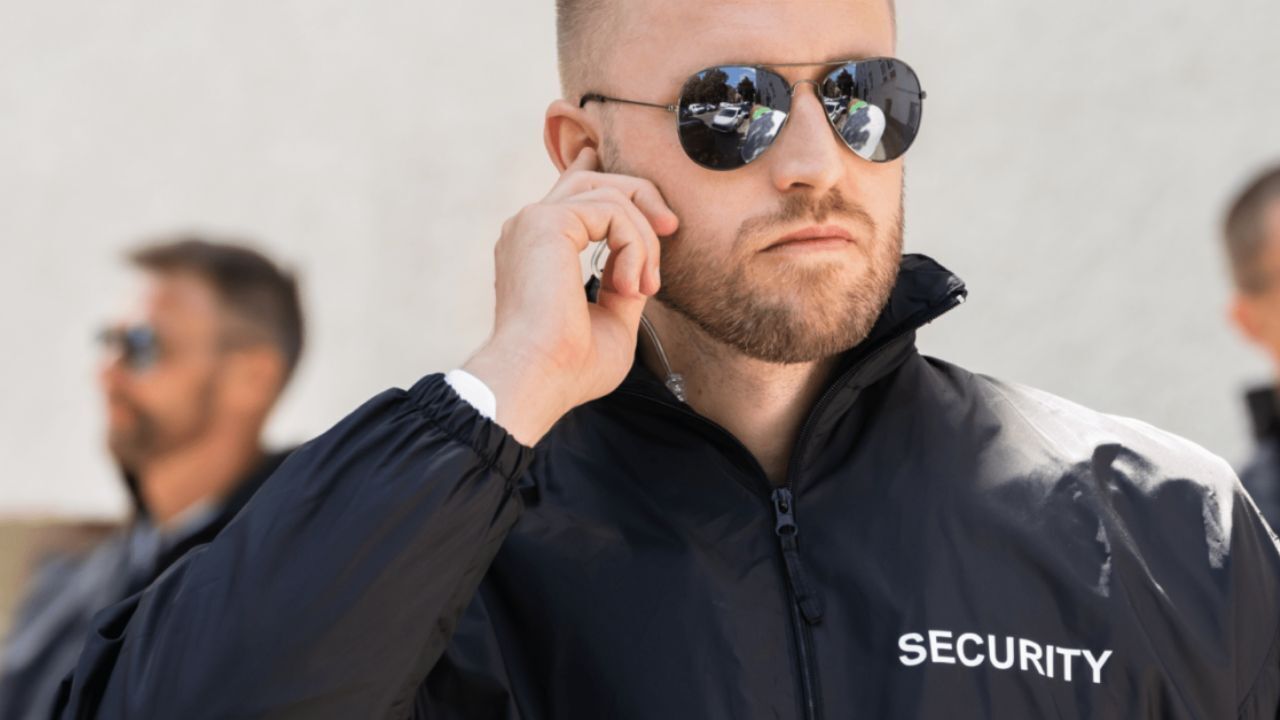When it comes to launching or advancing a career in the UK’s private security industry, the door supervisor course stands out as the most versatile qualification available. Whether you’re looking to work in licensed venues, retail security, corporate premises, or events, this course opens more doors—literally and figuratively—than any other SIA qualification.
The SIA door supervisor licence allows you to work across both licensed and unlicensed premises throughout the UK. That includes roles in bars, clubs, shopping centres, construction sites, festivals, and office buildings. It’s this flexibility that makes the door supervisor course the go-to choice for thousands of new learners each year.
What Makes the Door Supervisor Course the Best Starting Point?
Unlike the standard security guard training, the door supervisor course provides more skills, broader job eligibility, and greater employability. Here’s why it’s the top choice:
- Qualifies you for more roles than security guard training
- Includes physical intervention training—now mandatory for many jobs
- Higher job demand and better pay in many parts of the UK
- Covers both licensed and unlicensed premises
- Unlocks access to nightlife, events, retail, and corporate security jobs
What Makes the Door Supervisor Course So Comprehensive?
The door supervisor course doesn’t just skim the surface—it delivers in-depth training across multiple modules, including conflict resolution, first aid, the law, and physical intervention. It’s tailored to prepare you for real-life situations on the job.
What sets this qualification apart is how it blends theoretical learning with practical skills. Compared to other routes, it’s hands-on, robust, and employer-preferred.
Door Supervisor vs Security Guard vs CCTV Operator – A Quick Comparison
Choosing the right SIA course can be confusing, especially if you’re new to the industry. While all three roles are vital, they differ in terms of responsibilities, legal permissions, and job opportunities. The security guard course is suited for roles in static security, like guarding office buildings or retail spaces, but it doesn’t allow you to work in licensed venues like pubs or clubs. The CCTV operator course is ideal for those interested in behind-the-scenes surveillance and control room duties, but it’s a very niche path with fewer job openings overall.
On the other hand, the door supervisor course gives you the best of both worlds. You’re licensed to work in almost any setting, from nightclubs to corporate receptions, and even at large-scale public events. This flexibility not only increases your chances of getting hired quickly but also opens the door to a wider variety of roles as your career progresses.
Below is a quick comparison to help you see just how much more this course has to offer.
| Feature | Door Supervisor | Security Guard | CCTV Operator |
| Licensed venues (e.g., pubs, clubs) | ✅ Yes | ❌ No | ❌ No |
| Physical intervention training | ✅ Yes | ❌ No | ❌ No |
| Work in events/nightlife | ✅ Yes | ❌ No | ❌ No |
| Static/retail security | ✅ Yes | ✅ Yes | ❌ No |
| Control room/surveillance | ❌ No | ❌ No | ✅ Yes |
| Job opportunities | Broad | Basic | Niche |
By completing the door supervisor course, you’re not limited to one type of environment—you gain eligibility for nearly all frontline roles in the private security sector.
Check out our guide on switching from being a security guard to a door supervisor for a more comprehensive comparison of the two roles.
Physical Intervention Skills
One of the most critical elements of the door supervisor course is physical intervention training. It teaches you how to:
- Safely escort individuals from premises
- Protect yourself and others without excessive force
- De-escalate high-pressure situations
This training is practical and assessed in person, giving you real-world confidence to handle challenging incidents. Employers especially value this skill in high-risk settings such as bars, concerts, and public events.
Licensing for Licensed Premises
If you want to work in licensed environments such as pubs, clubs, or music venues, only the door supervisor licence will allow you to do that legally. Security guard licences exclude these areas due to the additional risks and responsibilities.
The door supervisor course prepares you for these scenarios, covering:
- Alcohol and drug awareness
- Dealing with intoxicated individuals
- Conflict management and emergency procedures
This qualification makes you the first choice for nightlife and hospitality venues—sectors that frequently face staff shortages and offer higher hourly rates.
Recommended Read: Door Supervisor Licence Cost 2025
Why Employers Prefer Door Supervisor Qualification
Security companies and employers know the value of a door supervisor licence. It tells them you’re trained for a wider range of roles, including those that require more responsibility and public interaction.
Whether they’re staffing a shopping centre or a live event, employers often look for door supervisor licence holders because:
- They’re already trained in physical intervention
- They can legally work in more settings
- They require less additional training
For job seekers, this translates into more interviews, more job offers, and greater job security. If you’re serious about a long-term security career, starting with the door supervisor course just makes sense.
FAQs on Door Supervisor Course
How long does the door supervisor course take?
It typically lasts 6 days, including the emergency first aid training if you don’t already have it. You can book it as a bundle by pairing it with an Emergency First Aid at Work course.
How much does the door supervisor course cost?
Prices vary by location, but you can expect to pay from £229.99. Use Get Licensed’s booking tool to find the best value in your area.
Who should take the door supervisor course?
It’s ideal for anyone looking to work in events, nightlife, retail, or licensed premises. Even if you’re unsure where you want to work, this course gives you the most flexibility to decide later.
What roles can I get with the door supervisor licence?
You can work as a nightclub bouncer, festival/event security guard, shopping centre guard, door supervisor at licensed venues, and static or corporate security officer
Can I work as a security guard with a door supervisor licence?
Yes! The door supervisor licence qualifies you to work as a security guard, but not the other way around.

Book Your Door Supervisor Course with Get Licensed
The door supervisor course gives you the widest range of job options and the strongest foundation for career growth. Whether you’re new to the industry or upgrading from another role, there’s no smarter first step.
Ready to start a versatile and rewarding security career? When you book your door supervisor course with Get Licensed, you’re choosing quality, convenience, and support at every step. You’ll train with SIA-approved security training providers, have the option to bundle your course with emergency first aid certification, and benefit from unlimited free exam retakes (terms apply).
From booking to certification, our expert team is here to guide you. Start your journey today by visiting the door supervisor training booking page.
Secure your future. Get Licensed. Get ahead.












